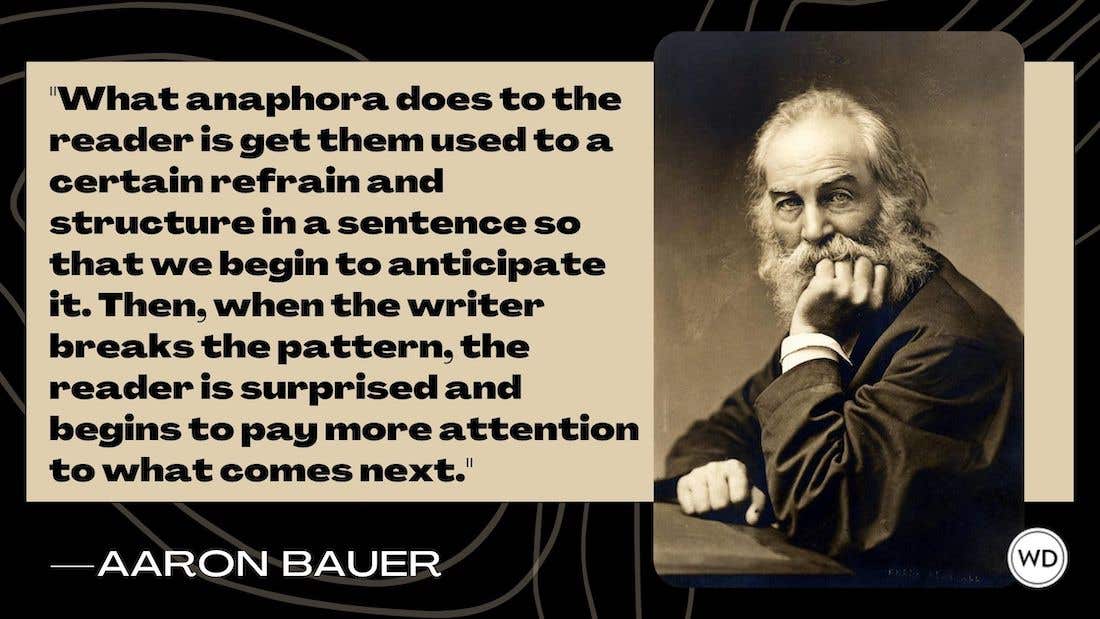A very good instructional book for poets
While I don’t want to promise that I’ll be doing a lot of poetry reviews and critiques and such, I think it makes sense for me to share good things…
While I don't want to promise that I'll be doing a lot of poetry reviews and critiques and such, I think it makes sense for me to share good things when I happen upon them. The current "good thing" I just finished reading is Ted Kooser's The Poetry Home Repair Manual (Bison Books).
Without getting into metrics or poetic forms, Kooser gives poets a lot of practical instruction on how to write good poetry that will appeal to an audience. In fact, one of Kooser's stronger points is that every poem should be written written with an audience in mind, whether you're writing a poem for dog owners or people who appreciate jazz.
In this book, he also doesn't waste time giving his thoughts on what poetry is and should be: "Poetry is communication, and every word I've written here subscribes to that belief. Poetry's purpose is to reach other people and to touch their hearts. If a poem doesn't make sense to anybody but its author, nobody but its author will care a whit about it. That doesn't mean that your poems can't be cryptic, or elusive, or ambiguous if that's how you want to write, as long as you keep in mind that there's somebody on the other end of the communication."
For poets looking to get published, that's a very important quote, since publication forces the poet to write for three audiences at once. First, poets should always write to satisfy themselves on some level. Second, poets have to write for an editor or team of editors to get their approval. Third, poets have to write for the readers of the publication in question, because editors can love a poem but still not think it fits with their audience (it does happen). Many poets who struggle to get published early in their careers are only writing for that first audience: themselves (myself included).
Anyway, I can't get to all the great instruction Kooser provides in this slim volume that is a quick and delightful read, but here are some highlights:
- The best explanation of when, why and how to use metaphors and similes I've ever come across
- Advice on submitting to publications
- How to deal with line breaks
- The effects of nouns, verbs, adjectives and adverbs
- And a lot more
Robert Lee Brewer is Senior Editor of Writer's Digest, which includes managing the content on WritersDigest.com and programming virtual conferences. He's the author of 40 Plot Twist Prompts for Writers: Writing Ideas for Bending Stories in New Directions, The Complete Guide of Poetic Forms: 100+ Poetic Form Definitions and Examples for Poets, Poem-a-Day: 365 Poetry Writing Prompts for a Year of Poeming, and more. Also, he's the editor of Writer's Market, Poet's Market, and Guide to Literary Agents. Follow him on Twitter @robertleebrewer.








